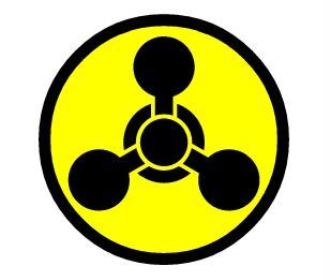UN urges S. Sudan to ratify Chemical Weapons treaty “without delay”
November 27, 2012 (NEW YORK) – The United Nations has urged South Sudan, one of the eight countries not party to the Chemical Weapons Convention (CWC), to ensure it ratifies the treaty “without delay”.

The CWC is an arms control agreement, which outlaws the production, stockpiling, and use of chemical weapons. The agreement is administered by the OPCW, an independent organization based in The Hague, Netherlands.
Both leaders, in letters, addressed to representatives of the eight countries, reportedly underscore the importance of achieving the universality of the Convention as a condition necessary to attain a world free from chemical weapons.
“The continuing growth in the membership of the (OPCW)… is evidence that the prohibition against the development, production, stockpiling and use of chemical weapons constitutes a universal norm,” the letter reads in part.
In addition, however, the letter reportedly calls upon the respective governments to undertake a commitment to the legally binding prohibition against chemical weapons in order to consolidate these norms and to ensure that such weapons are never re-used.
So far, 188 states out of the 196 recognized by the UN have reportedly ratified the convention, representing more than 98% of the world’s population and chemical industry.
However, of the eight states that are not party to the treaty, two have reportedly signed, but not ratified the treaty. These are Burma and Israel, while those that have not signed the treaty, include Angola, North Korea, Egypt, Somalia, South Sudan and Syria.
In October this year, a high-level meeting in New York to commemorate the 15th anniversary of the entry into force of the convention, stressed the importance of achieving universality of the agreement.
The UN Secretary General, while speaking on the occasion, highlighted the importance of universality of the CWC, saying the use of chemical weapons by any country would be “an outrageous crime with dire consequences.”
Meanwhile, in early 2010, the total world declared stockpile of chemical weapons was reportedly about 30,308 tons, and that a total of 71,315 tons of agents, 8.67 million munitions and containers, and 70 production facilities were declared to OPCW before destruction activities began.
The UN has, however, expressed concerns that while several countries not party to the treaty are suspected of having chemical weapons, especially Syria and North Korea, member states like Sudan and China have reportedly failed to disclose their stockpiles.
(ST)
